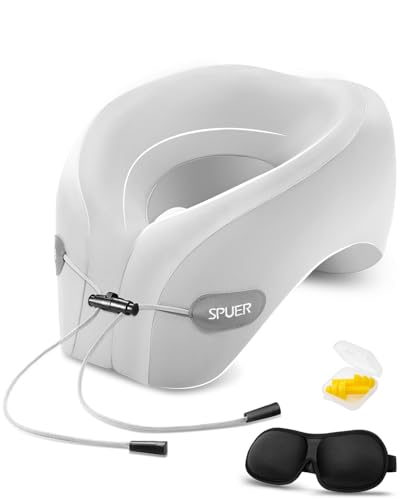I'll agree with most of the points in the last two posts. I will point out that airlines, and other private companies often have "confidentiality agreements" with their employees forbidding the disclosure of Company proprietary information such as operating procedures and other 'trade secrets', with the understanding that violation could result in termination of employment and other remedies deemed suitable.
Sure, there is information in any organization that is sensitive and confidential. But, that information is not usually published in standard operating procedure handbooks, which is what this document is. Now, things such as security bulletins or Amtrak Police directives would be detrimental if released publicly, but still would qualify for release once sensitive information has been redacted.
Most confidentiality agreements in airlines are done for employees who work in Marketing, Supply, Operations, Finance, etc. The cabin/flight crews are not exposed to confidential or sensitive corporate information in most circumstances. In fact, almost all of their operating procedures have been dictated to them already by the Feds, which is not sensitive or confidential by any means. The proprietary info is in the “back of the house” operations, not the public-facing operations.















































